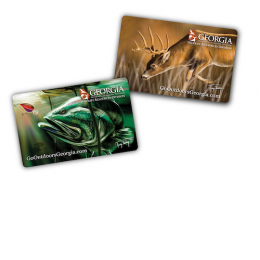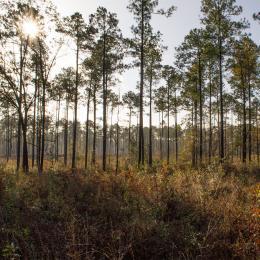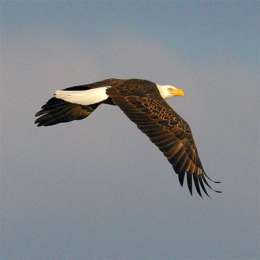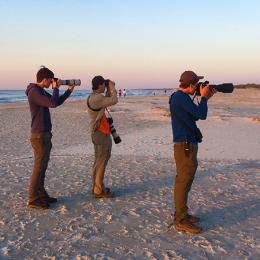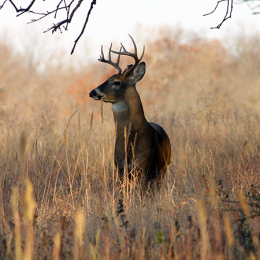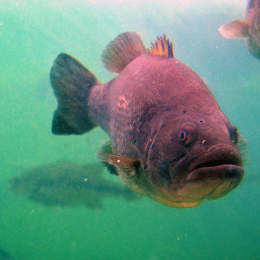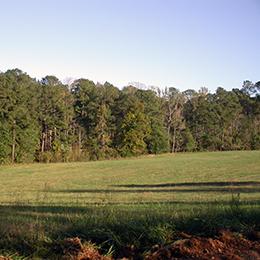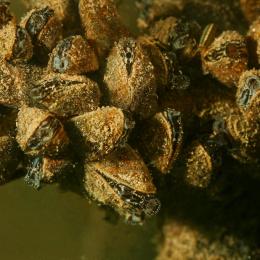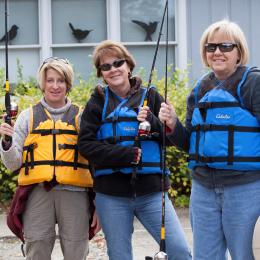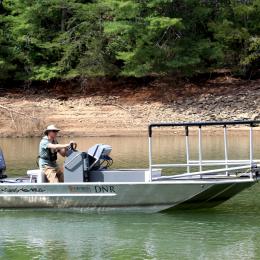To date, the U.S. Fish and Wildlife Service has distributed more than $20.2 billion in apportionments for state conservation and recreation projects. Allocations of the funds are authorized by Congress.
“American sportsmen and women are some of our best conservationists and they contribute billions of dollars toward wildlife conservation and sportsmen access every year through the Pittman-Robertson and Dingell-Johnson Acts,” said Secretary Zinke. “For nearly eighty years, states have been able to fund important conservation initiatives thanks to the more than $20 billion that has generated nationwide. Every time a firearm, fishing pole, hook, bullet, motor boat or boat fuel is sold, part of that cost goes to fund conservation. The best way to increase funding for conservation and sportsmen access is to increase the number of hunters and anglers in our woods and waters. The American conservation model has been replicated all over the world because it works."
The Georgia Department of Natural Resources’ Wildlife Resources Division manages more than one million acres of land, and helps oversee fisheries management on over 500,000 acres of reservoirs, and thousands of river miles. Almost every project completed includes PRDJ dollars, including prescribed burning, invasive species treatments, wetland berm maintenance, prairie seeding and restoration, and timber stand improvement.
The funds, which are distributed by the U.S. Fish and Wildlife Service, support critical state conservation and outdoor recreation projects. They are derived from excise taxes paid by the hunting, shooting, boating and angling industries on firearms, bows and ammunition and sport fishing tackle, some boat engines, and small engine fuel.
Georgia hunters contribute to a $1.6 billion effect in yearly economic impact. Angling creates an economic impact to the tune of $2.1 billion each year. Together, hunting and fishing support almost 40,000 jobs in the state.
“These funds are integral to our ability to provide hunting and fishing access, restore habitat and manage species at the state level,” said Rusty Garrison, Director of the Georgia Department of Natural Resources’ Wildlife Resources Division. “We greatly value the partnership we have with the Service and the Department of Interior.”
The recipient state wildlife agencies have matched these funds with approximately $6.7 billion throughout the years, primarily through hunting and fishing license revenues.
For more information about the WSFR program visit http://wsfrprograms.fws.gov/.
###





